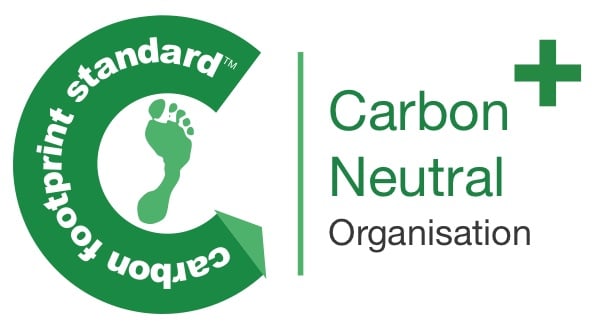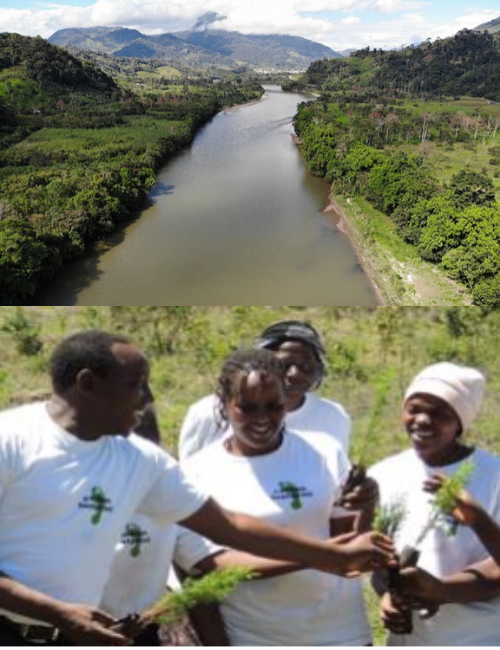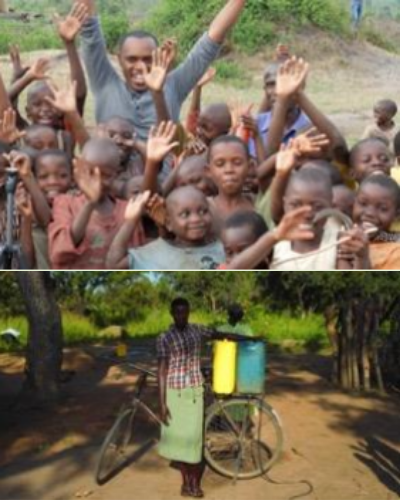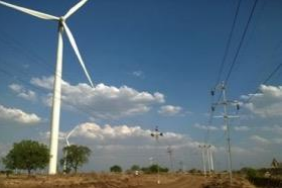carbon neutral and certification
Tackling Climate Change With Carbon Offsetting
Quick Trans Logistics is a certified Carbon Neutral+ Organisation, one of the first in the pet transport industry to achieve this highly regarded status. Reducing our carbon dioxide emissions is one of the best ways to ensure that global warming does not exceed 1.5°C by 2100 to prevent catastrophic climate change.
Our certification, provided by Carbon Footprint, means that we offset more than the total carbon dioxide output from our business activities. We carbon offset by investing in the following initiatives around the world:


Protecting the Amazon & Kenya Tree Planting
This project involves tree planting in Kenya as well as helping to protect the Amazon Rainforest – the largest remaining rainforest in the world. The Amazon is known for its amazing biodiversity; containing 10% of all species, including many endangered species.
For each tCO2 being offset, one native tree is planted in the Great Rift Valley, Kenya and an additional tCO2 is offset through the Brazilian Amazon Verified Carbon Standard (VCS) Reduced Emissions from Deforestation and Degradation (REDD) project to guarantee the emission reductions.
Over the last ten years, the project in Kenya has planted over 170,000 trees and rehabilitated over 160 hectares of the forest helping in restoring the water catchment ecosystem function of the forest. While doing this, over 20 community members who directly work in the forest make their livelihoods from the project. Many more from their families benefit from being dependent on them. The project includes an empowerment scheme, where the members are now owners of dairy cows from which they get additional income from the sale of milk to their villagers.
The project is strongly focused on empowering women, who make up over 50% of the project team.
Borehole Rehabilitation Project
Located in northern Uganda, this project works with local communities to identify and repair broken boreholes. As well as health benefits, communities no longer need to boil water before drinking, saving firewood and preventing the release of carbon emissions.
Prior to some of the boreholes, women typically spent over 3 hours per day collecting water from a distant unsafe water source. The impact of a safe water supply from a borehole in the heart of the community therefore cannot be overestimated. Many hours are saved that would otherwise have been spent travelling to faraway sources. The fact that the borehole water is safe and does not need to be boiled also greatly reduces the need to gather firewood to purify the water. We have noticed in recent years how women report that the time saved that was previously spent gathering these resources can now be invested in working on the farm and learning new skills to generate income.
The borehole rehabilitation and maintenance in Lango sub-region, Uganda, will be the very first programme to implement the new Gender Equality methodology from the Gold Standard.


Wind Based Power Generation, India
A country like India where energy production is based on imported coal or oil will become more self-sufficient by using alternatives such as wind power. Electricity produced from the wind produces no CO2e emissions and therefore does not contribute to the greenhouse effect. Wind energy is relatively labour intensive and thus creates many jobs.
These are two sister projects called “Wind Based Power Generation by Panama Wind Energy Godawari Private Limited, Pune in the State of Maharashtra, India” and “Wind based power generation by Panama Wind Energy Private Limited in Maharashtra, India”.
The project activity involves the installation and maintenance of Wind Turbines. The total installed capacity of the projects are 80 MW and 72MW; which involves operation of 82 Wind Turbine Generators (WTGs) across both projects. These projects are located in the Maharashtra state in India.

